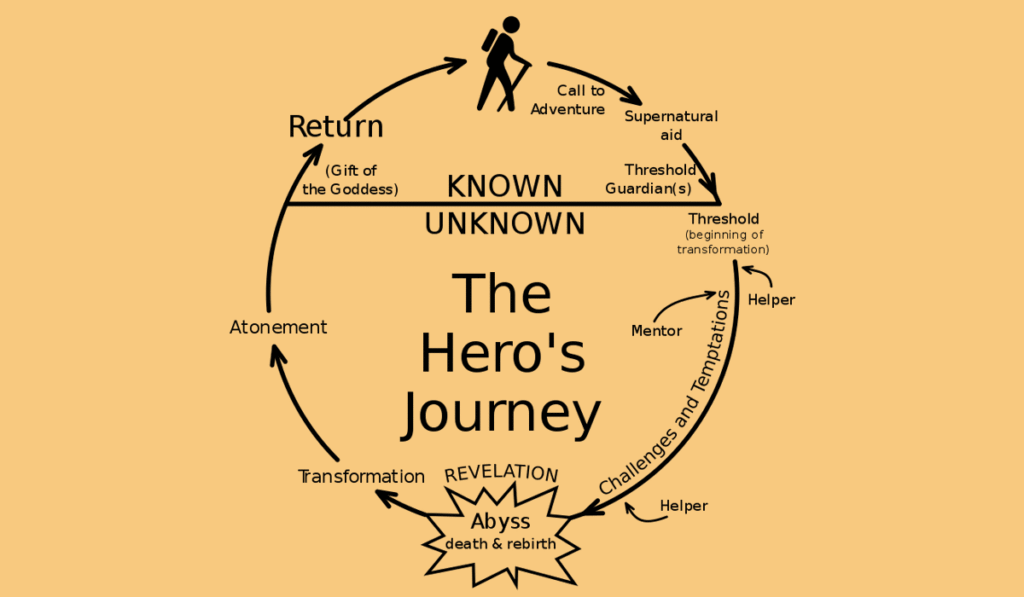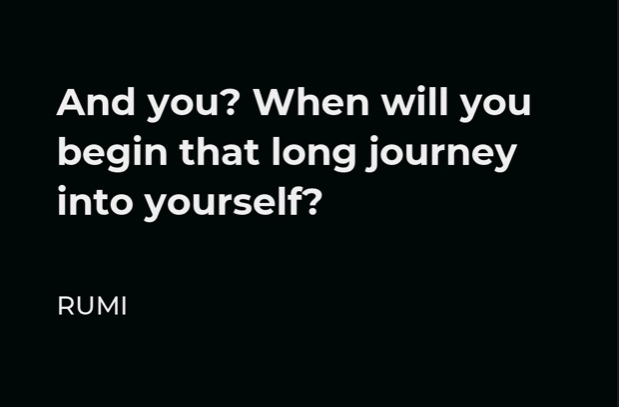How to Recover from Addiction – Stage 2
August 5, 2022
After many years of helping clients with a variety of issues and my own experience in recovery, here is what I have learned about how to recover from an addiction. These methods have been compiled from those who were successful using therapy and the 12-steps of AA.
There are 3 stages to the journey. The first stage is getting honest with ourselves and opening up to others. The second stage is the heart of the work, where the deeper shift comes from and it takes a little longer. The third stage is tailored to the addiction type. It’s about building a better life which would ultimately prevent relapse.
If you haven’t become honest with yourself and another person yet, don’t go any further. Stop and review Stage 1. What is preventing you from opening up? Why haven’t you revealed what’s going on to a self-help group or therapist? Have you shown them the real you, the whole person? The good, the bad and the ugly.
Secrets keep us sick. They prolong the dual life and prevent us from being a whole person. We will continue carrying the dreadful shame and when temptation strikes, our isolated and addicted thinking will fail us. We cannot do this work alone. An entire century of clinical experience proves this.
Stage 2 – The Descent
Stage 2 is about going on a deep dive to understand the origins of our addiction. In doing that we will have greater empathy and compassion for ourselves and let go of some burdens we are carrying. What starts out as an emotionally difficult journey of introspection turns into an empowering victory over our past traumas. This is the stage that we plant our flag firmly in sobriety and march forward to a new life.

We find the root cause of the addiction
If we don’t find the root cause, how can we explain the addiction to ourselves? I find most clients end up using negative statements towards themselves such as ”I have an addictive personality”. This is how we shame ourselves. I invite you to drop this attitude. Instead, let’s look for real answers and develop empathy and self-compassion.

Taking our narration (from Stage 1), we extract the likely root causes. A therapist may facilitate this process as it is sometimes hard to see your own blind spots. At the end of the process, we should have a short list of the situations and events that transformed us into an addicted person.
After many years of working with addicted people and reflecting on my own life, here are some common issues:
- Abuse of any kind (neglect/abandonment, emotional, physical, or sexual)
- A family culture of addiction and codependency
- Attachment issues with primary caregiver and the resulting difficulties with trust and intimacy
- Rigid family structure which suppressed expression of authentic emotion and thought
- Diagnosable mental health issues for yourself or your parents such as ADHD, Anxiety, Depression etc.
- Major stressors such as the loss of a loved one, divorce etc.
- Many of these issues happening together
- Any of these issues happening at too young an age, before appropriate defense mechanisms or coping skills were learned
After conducting a root cause analysis, we should understand why the addiction happened. It wasn’t because we were bad, shameful people or defective in some way. There were rational reasons why it happened. Understanding how it happened helps us understand how to heal from it.
We start dealing with past trauma
Among the root causes may be traumatic events. We handle these with care. Suffering through trauma (e.g. childhood abuse – click here to measure the extent of trauma you have been through) leaves a mark on our nervous system. We might become triggered by certain stimuli and respond by dissociating or through hyperactivity. We need to learn how to emotionally regulate ourselves. Without this crucial step, every other step of recovery becomes unnecessarily painful. This is a topic I spend much time on in session with clients.
We don’t have to deal with everything perfectly, but we must START dealing with it. And we must summon the necessary courage.
We put down our egos
Addiction puts us on the defensive. We keep moving in and out of denial, rationalizing our behaviour or minimizing it. Perhaps we intellectualize – have many opinions about addiction without doing anything about it. We may also blame others, sometimes very angrily. All of these are examples of ego defences. We use them to avoid having to address the addiction but also to avoid the hurt and trauma inside. But this also prevents us from connecting with others.
We start recognizing what defensive walls we have built and make a commitment to bring them down. When we bring our walls down and learn to just be – some people call this acting from the heart – we are going to feel vulnerable. We must allow that to happen. And when it does, we will see just how tiring it was to use those defenses and what a relief it is to not need them. This is the point we will start to feel inspired and feel a new energy flow in.

We make a program of daily actions
We cannot make a lasting recovery based upon inner reflection alone. Addiction may have started from root causes, but after some time it develops a life of its own. The addictive behaviours occur at a high frequency with continual reinforcement by pleasure chemicals in the brain.
To overcome addiction, we need to design healthy high-frequency behaviours for ourselves. Daily routines should create circumstances that prevent us from acting out. Some form of accountability is helpful as well as the removal of easy ways of acting out. The daily practices should facilitate letting go of the ego and acting from the heart instead. They should involve other people as much as possible in the form of 12-step group attendance or therapy groups or some other form of group connection.
Developing daily practices is essential. As a runner trains for a marathon, we must also train for recovery.
We establish sobriety
Substance use addictions have a clear measure of sobriety (aka a “bottom line”): zero use. Behavioural addictions such as food, sex, gambling, gaming etc. are not so clear. We can’t stop eating, being sexual, using money and taking risks or playing games of any kind. This is not realistic. We must establish firm and clear bottom lines for our behaviours that make sense, relative to our beliefs and values. Therapy greatly facilitates this process.
With the bottom-line behaviours established, it is time to make a commitment to sobriety.
Conclusion
Stage two is about descending into our Self. We gain new understandings about the origins of addiction. Once we find the root causes, we begin seeing ourselves realistically and compassionately. Dealing with our past traumas becomes possible. As our confidence builds, the ego walls begin coming down and we learn to be more open, honest, and vulnerable. It helps us connect with others.
We may at this point feel a new power and energy flow in. We harness it to implement a program of daily practices that start pushing addiction out of our lives. The commitment we make to establish sobriety seals this stage of our recovery.
Categories: Recovery Model

